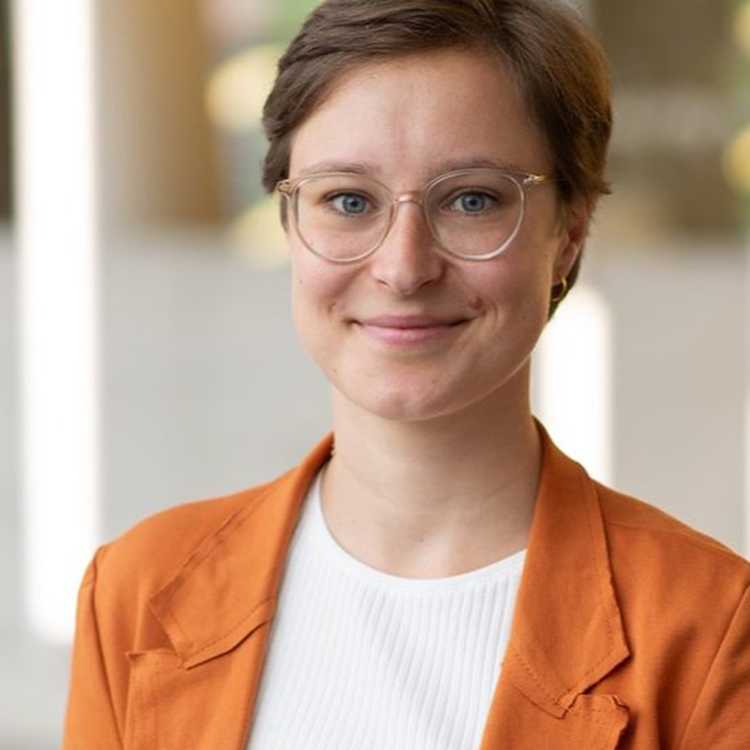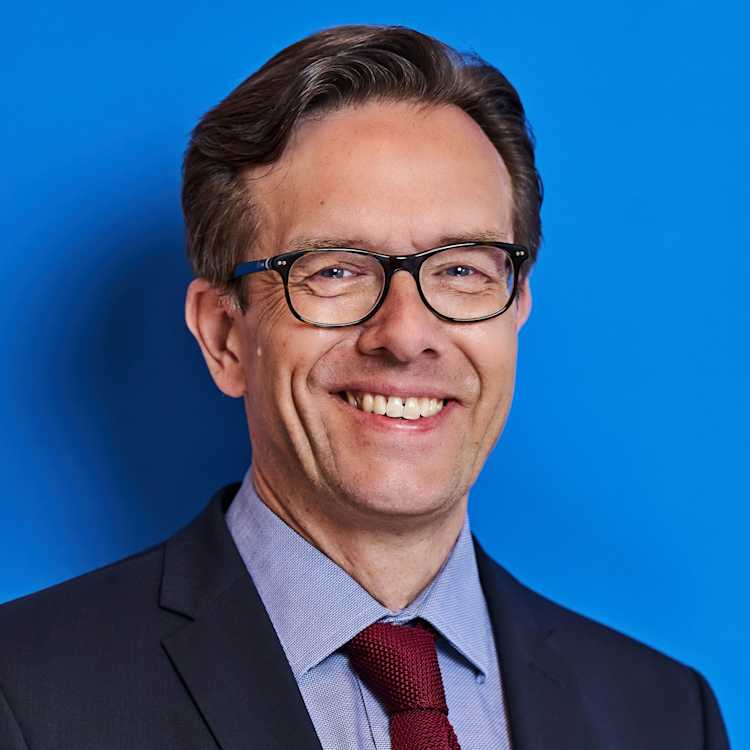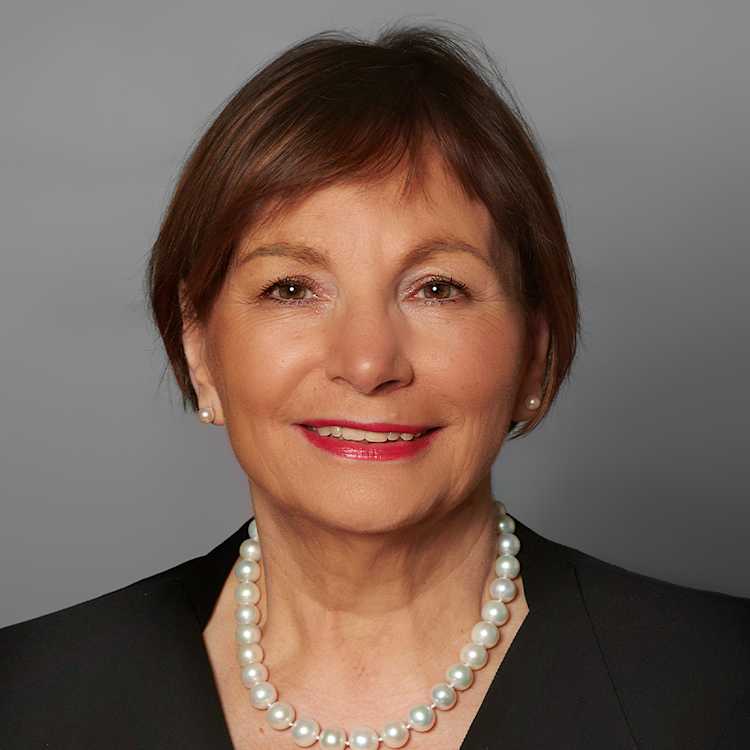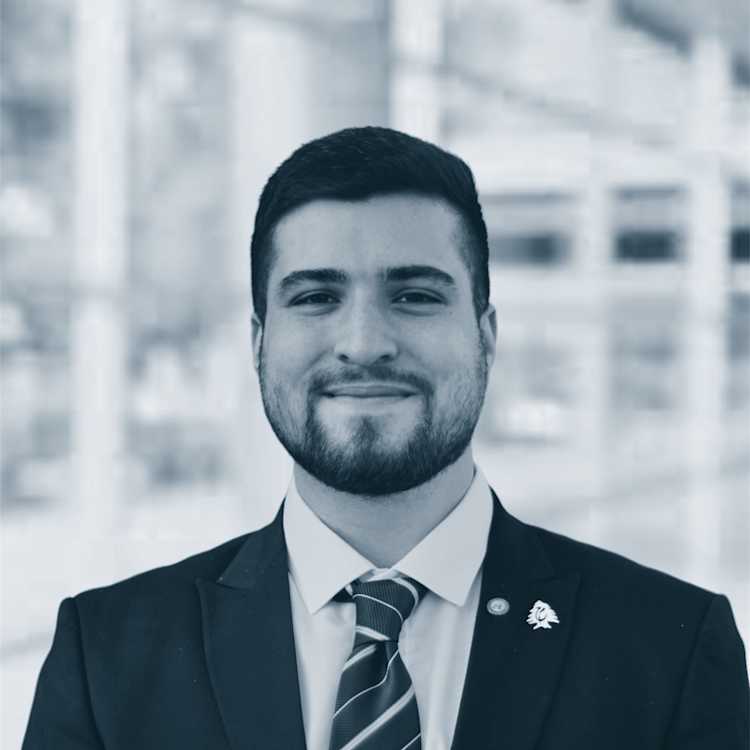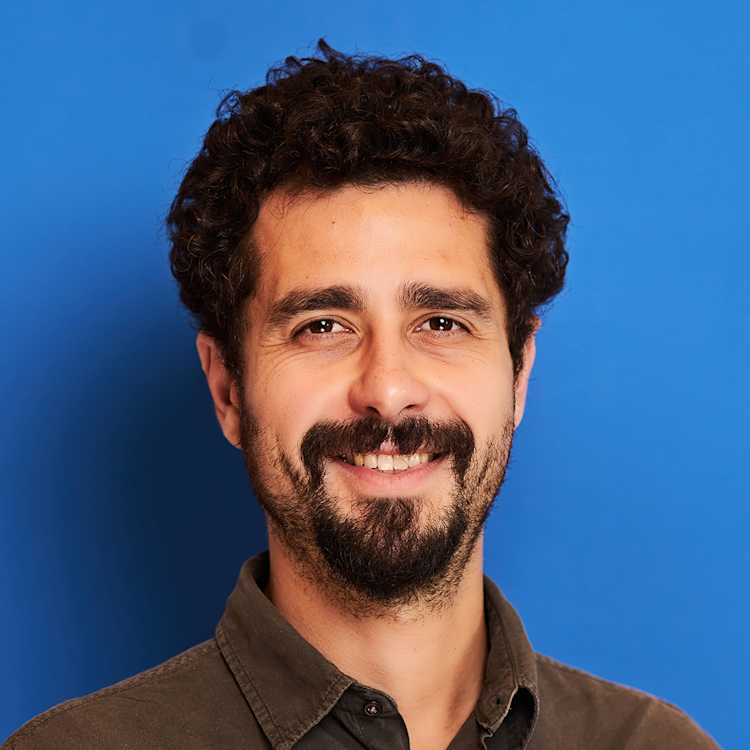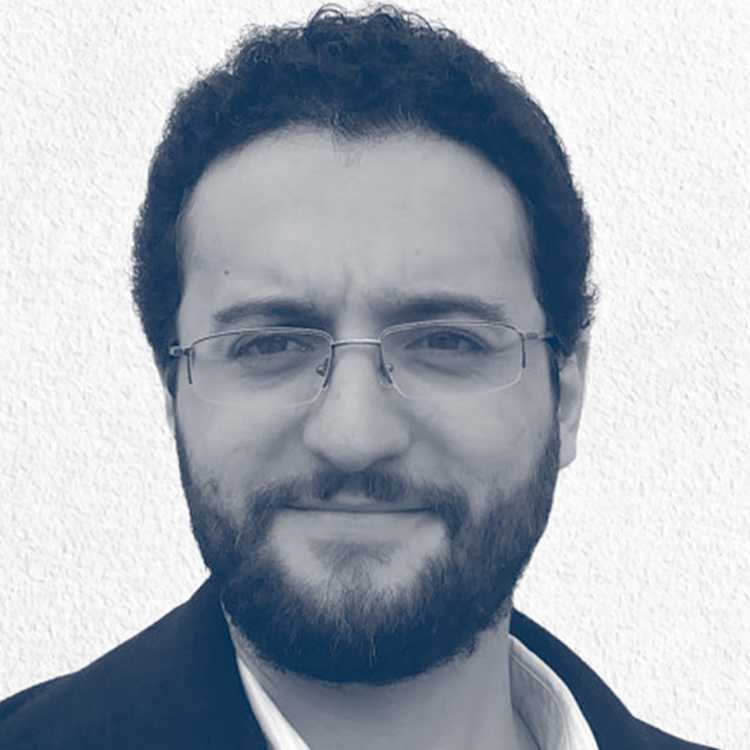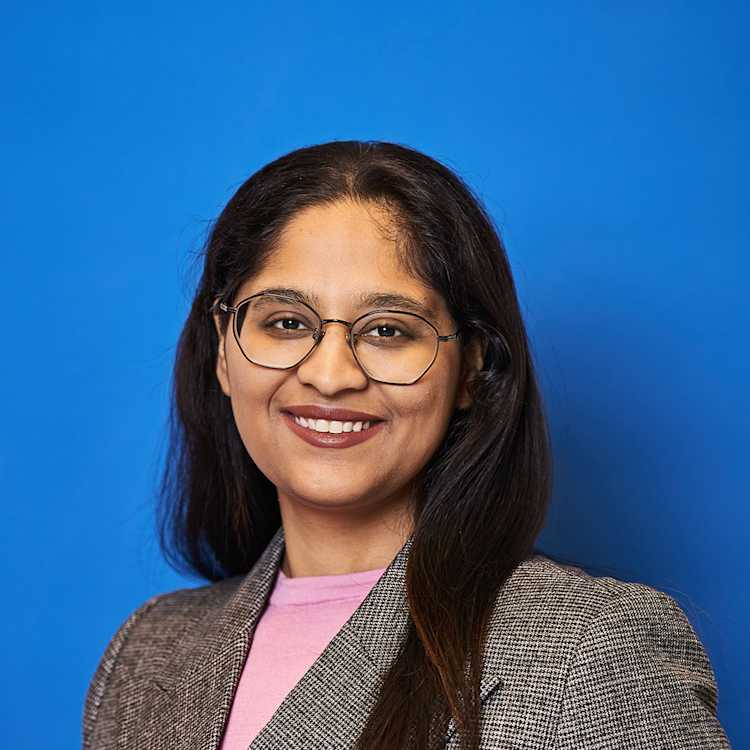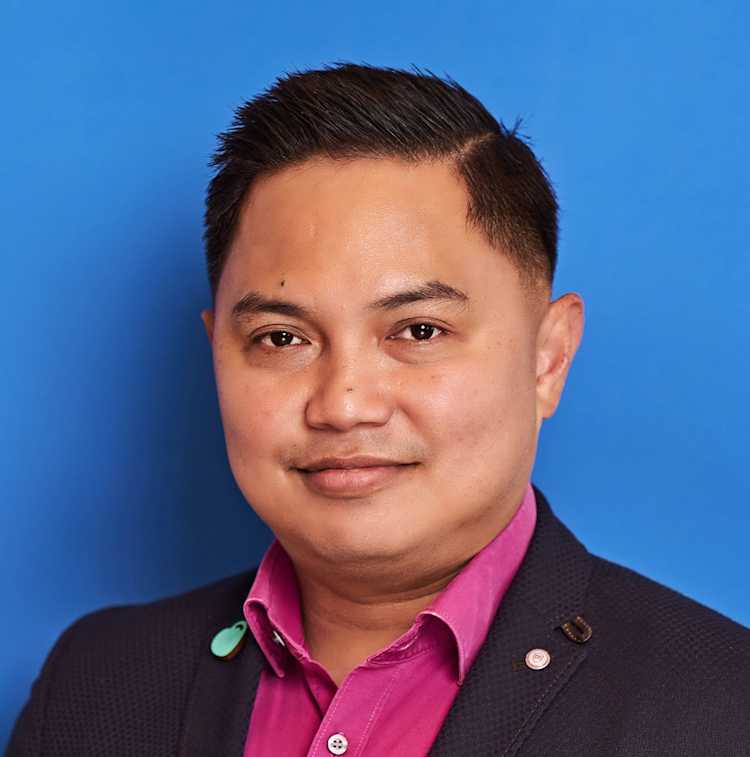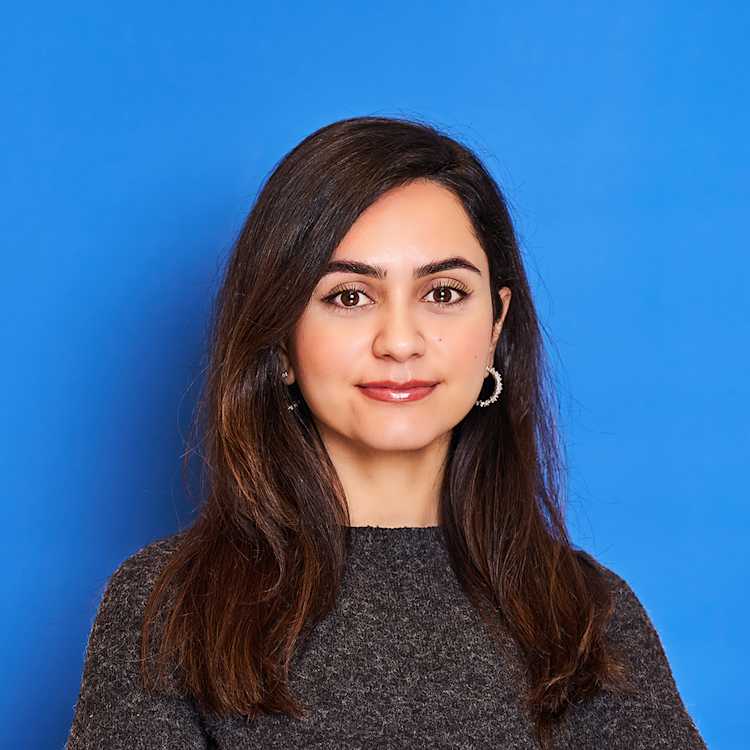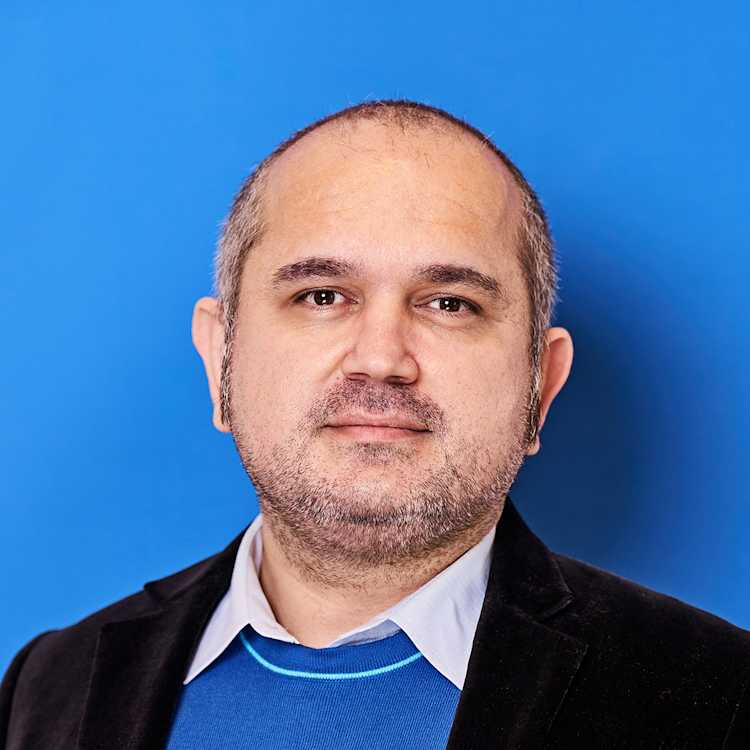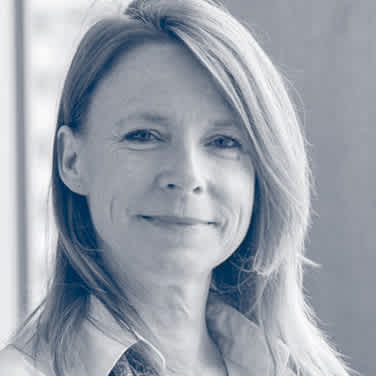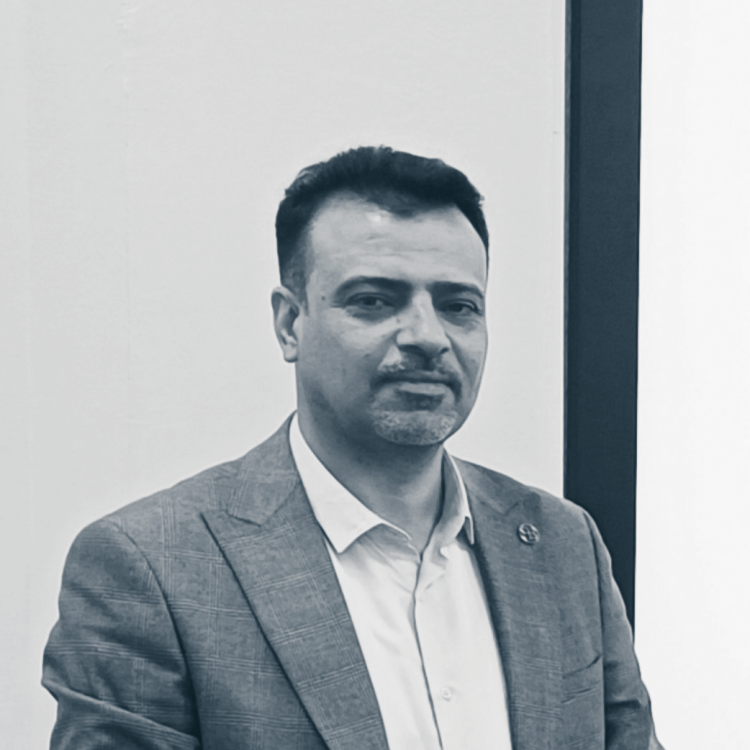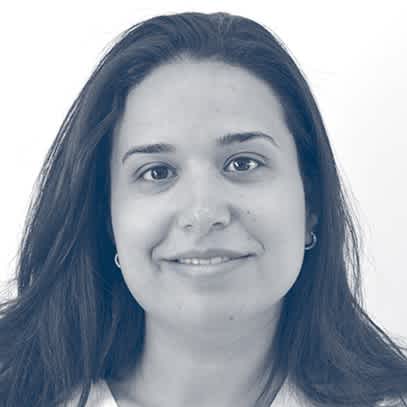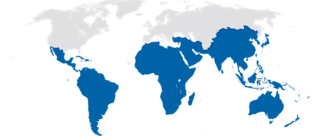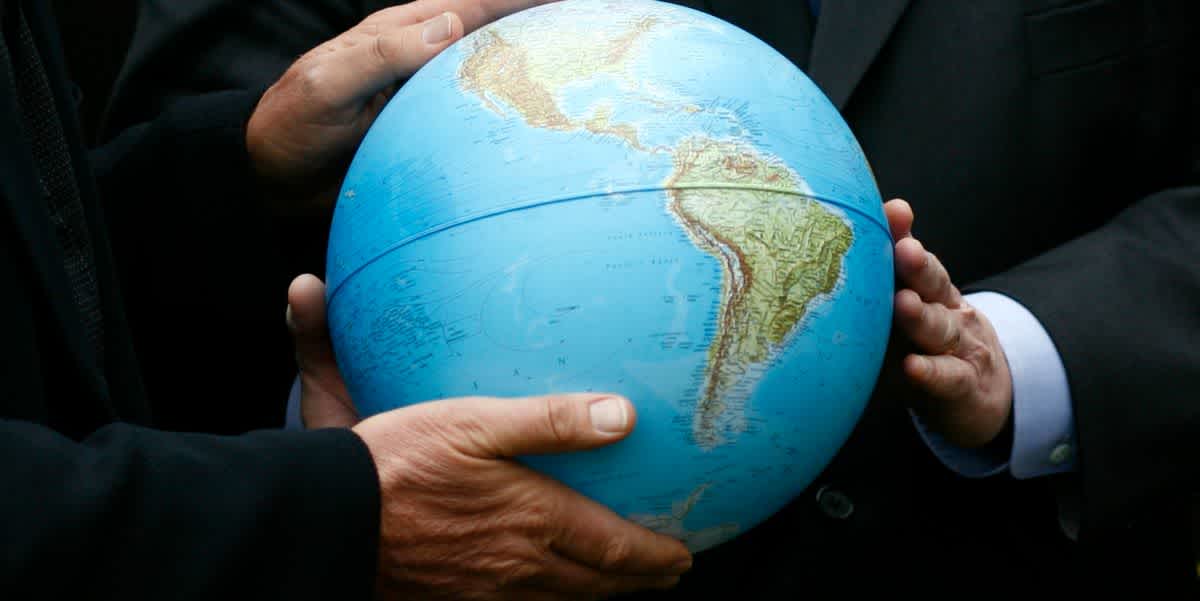
Global Orders and Foreign Policies
The Global Orders and Foreign Policies Research Programme deals with the fragmenting global order and its implications for our understanding of multilateralism as well as its problem-solving capacities. The scholars analyse major trends, such as climate change, global health crises, populism, and global power shifts.
News and Highlights
Research Projects
All GIGA ProjectsResearch Teams
The researchers in the Global Orders and Foreign Policies Programme are organised in two teams that deal with the new complexity of global politics:
The International Institutions and Legitimacy Research Team examines the interaction of normative changes in the global order with the authority and legitimacy of international institutions, particularly considering global power shifts .
The Ideas, Actors and Global Politics Research Team analyses the specific processes involved in the crafting of individual foreign policies as well as, more general, visions of international order across the Global South.
President (ad interim)
Prof. Dr. Sabine Kurtenbach is President (ad interim) of the GIGA.
Regional Institutes
Notification
Sign up to receive email notifications about GIGA activities
Social Media
Follow us




